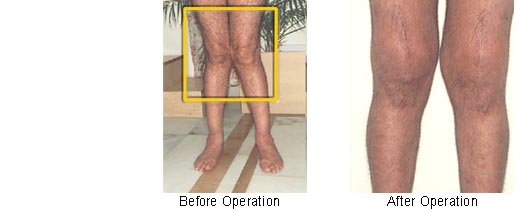Recommended for:
- Young & elderly patients who are unsuitable for Total Knee Replacement as alternative to HTO.
- Only medial/lateral compartment of the affected knee replaced.
- Cruciate ligaments & bone stock preserved.
Mobile Bearing Total Knee
Recommended for:
- Active young & elderly patients.
- Give freedom of flextion & rotation.
Hi-Flex Knee
Recommended for:
- Young & elderly patients desiring full range of movement due to social/religious reasons.
- Allows near / full squatting & cross-legged sitting.
Total Condylar Knee
- This is the original design of the knee developed in the 1970s.
- It is a time-tested knee replacement for elderly patients.
- It provides good stability, but has limited capability in bending beyond 90 degrees .
Posterior Stabilized Total Knee
Recommended for :
- Elderly patients.
- Spine & Cam mechanism.
- Translates rotatory movement to linear & vice versa.
- PFC Sigma Used for - Prime Minister's Surgery
Constrained Condylar Knee For Unstable Knee (Valgus Instability)
Recommended for:
- Cases with cross-deformity / laxity of ligaments & in revision cases as it provides greater stability.
- The implant has more components such as stems and augments which may be required in some cases & adds to the cost of the joint.
Revision Total Knee
Required for:
- Revision of failed primary Total Knee Replacement.
- It's a bigger procedure compared to primary Total Knee Replacement and accordingly the risks, complications & costs are higher.
Resection Knee ( Limb Salvage Surgery )
Recommended for :
- Removing bone defects following removal of tumors / injuries near knee joints.












